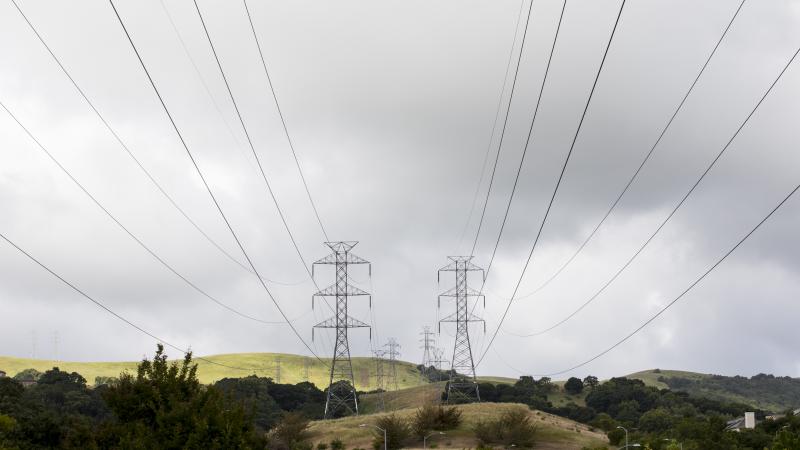California lawmakers compete to stop 'income-based' utility bills
Tuesday morning Democrats led by Assemblymember Jacqui Irwin, D-Thousand Oaks, and Wiener announced they’d be proposing a bill to repeal AB 205. Hours later, California Republicans tried to bring an immediate vote to repeal AB 205 to the Senate floor, but Democrats, including Wiener, voted to table the motion.
(The Center Square) - California Republican and Democratic lawmakers took competing approaches to blocking "income-based" utility bills being considered by the state utility regulator.
If AB 205, which authorized income-based utility fees, is not repealed and the California Public Utilities Commission adopts such fees in addition to regular energy rates — State Sen. Scott Wiener, D-San Francisco says Californians could pay an additional $830 per year for electricity. Republicans seek to repeal AB 205 entirely, while Democrats want to keep the law that authorizes the policy they want to avoid.
Though both parties’ lawmakers bemoaned the high cost of energy bills, which California Republican senators claim costs Californians twice what consumers in neighboring states pay, Democrats blamed utility company owners’ greed for rising rates. Republicans blamed Democrats for “constant attacks against the energy industry” for “pushing families into energy poverty.”
Tuesday morning Democrats led by Assemblymember Jacqui Irwin, D-Thousand Oaks, and Wiener announced they’d be proposing a bill to repeal AB 205. Hours later, California Republicans tried to bring an immediate vote to repeal AB 205 to the Senate floor, but Democrats, including Wiener, voted to table the motion.
“Electricity rates have skyrocketed throughout the state. Over the last ten years PGE rates have gone up 127%,” said Irwin at a press conference announcing the Democratic repeal effort.
“Under the plan proposed by our investor-owned utilities, millions of California residents will pay as much as $830 per year more for electricity than they do now. Not just wealthy people — middle class, working class people,” said Wiener.
Wiener also has authored bills supporting renewable energy and requirements that all companies with over $1 billion in income submit costly inventories of all emissions, even commuting and emissions from contractors — the kind of policies that Republicans say are responsible for rising rates in the first place.
“Why are neighboring states paying nearly half the costs of electricity compared to what Californians are paying to keep their lights on?,” said Sen. Shannon Grove, R-Bakersfield. "(Democrats) constant attacks against the energy industry (are) pushing families into energy poverty, making them choose between putting food on the table or paying their utility bills."
Energy expert and California Policy Center co-founder Edward Ring suggested the emphasis on renewables is causing rates to rise by lowering the energy supply from more affordable and reliable forms of energy that require less expensive infrastructure.
“Electricity in California is expensive, and will get more expensive, because that is the only way the special interests pushing 'renewables' can make a profit,” Ring told The Center Square. “By cramming down the production of cost-effective natural gas and by shutting down California's last nuclear power plant, customers are forced to pay for massive subsidized investments in solar and wind farms, massive expansions of transmission lines to connect these farms to the grid, and massive battery projects to buffer the on-again, off-again power they generate.”
State Republicans previously introduced a failed measure to repeal AB 205 in September 2023.
















